Artificial intelligence (AI) can be used in human resource information systems (HRIS) to automate repetitive tasks, improve decision-making, and increase operational capacity. For example, AI can help with hiring, employee productivity, and the overall employee experience.
AI tools can discover useful information from past data and experience to support decision making. AI can also provide valuable insights through predictive analytics and HR.
AI can help HR departments take on business challenges, improve business success, and improve the employee experience.
Can HR be Replaced by Artificial Intelligence?
While artificial intelligence (AI) can automate many tasks traditionally done by human resources (HR) professionals, it can’t replace the human touch entirely. AI’s role in HR is to help humans, not replace them. HR professionals will still be needed to provide a personal touch, make strategic decisions, and manage complex issues that cannot be automated.
AI can help HR with tasks such as recruiting, performance reviews, employee onboarding and offboarding, employee engagement initiatives, talent development and training, workforce planning, and HR chatbots and virtual assistants. AI can also enable HR professionals to leverage machine learning and algorithms to streamline their work processes, reduce their biases, and enhance their analysis and decision-making.
A Gartner report indicated that AI could replace millions of jobs in the next few years, but it also noted that AI would create 2.3 million additional jobs. In 2020, Willis Towers Watson published research suggesting that almost a third of HR roles were at risk of being replaced by robots.
Artificial intelligence (AI) can improve the overall experience for HR professionals and employees by automating tasks and freeing up time for more important work:
1. Save time and resources
AI can automate tasks like job posting, candidate screening, scheduling interviews, payroll, and benefits administration
2. Improve employee productivity
AI can improve employee productivity and help HR professionals boost the overall experience
3. Improve decision-making
AI can provide valuable insights via predictive analytics to improve hiring efficiency and decision-making
4. Analyze employee data
AI can identify and analyze patterns in employee data to help HR leaders understand employee behavior
Will Automation Replace HR?
While automation can automate many tasks traditionally done by HR professionals, it’s unlikely that automation will replace HR positions. HR positions require a specific skillset, and human resource managers are listed as one of the jobs least likely to be replaced by automation in the future.
Although AI can automate many tasks, it can’t replace the human touch entirely. HR professionals will still be needed to provide a personal touch, make strategic decisions, and manage complex issues that can’t be automated.
Automation can also reduce the time it takes to complete tasks, as well as the risk of errors, which can further enhance efficiency. This allows HR professionals to be more productive and efficient, as they can devote more time to activities that add value to the organization.
However, as more HR tasks become automated, it’s possible that some jobs will become obsolete or that employees will be displaced from their current roles.
Final Thoughts
While AI can automate many tasks, it can’t replace the human touch entirely. HR professionals will still be needed to provide a personal touch, make strategic decisions, and manage complex issues.
One of the biggest risks associated with AI and automation in HR is the potential for bias and discrimination in algorithms. This could occur if the algorithms are trained on biased data, or if the variables used in the algorithms are inherently discriminatory.

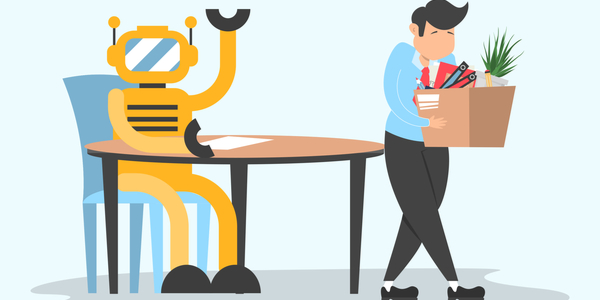
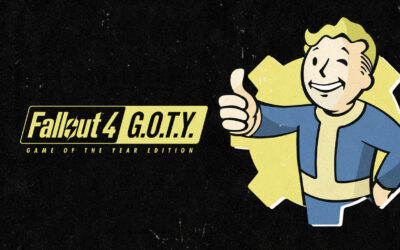


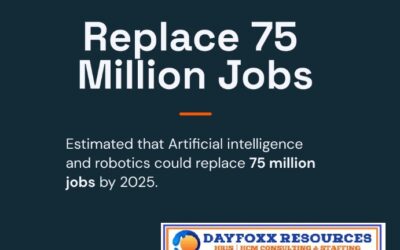

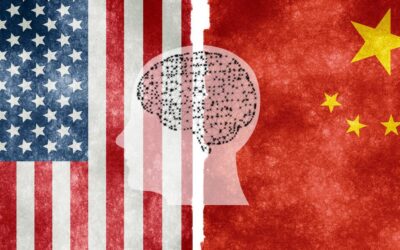


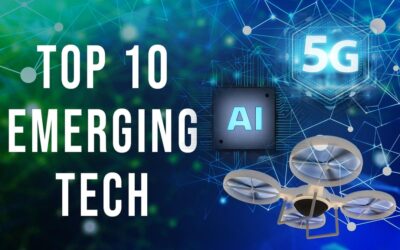

0 Comments